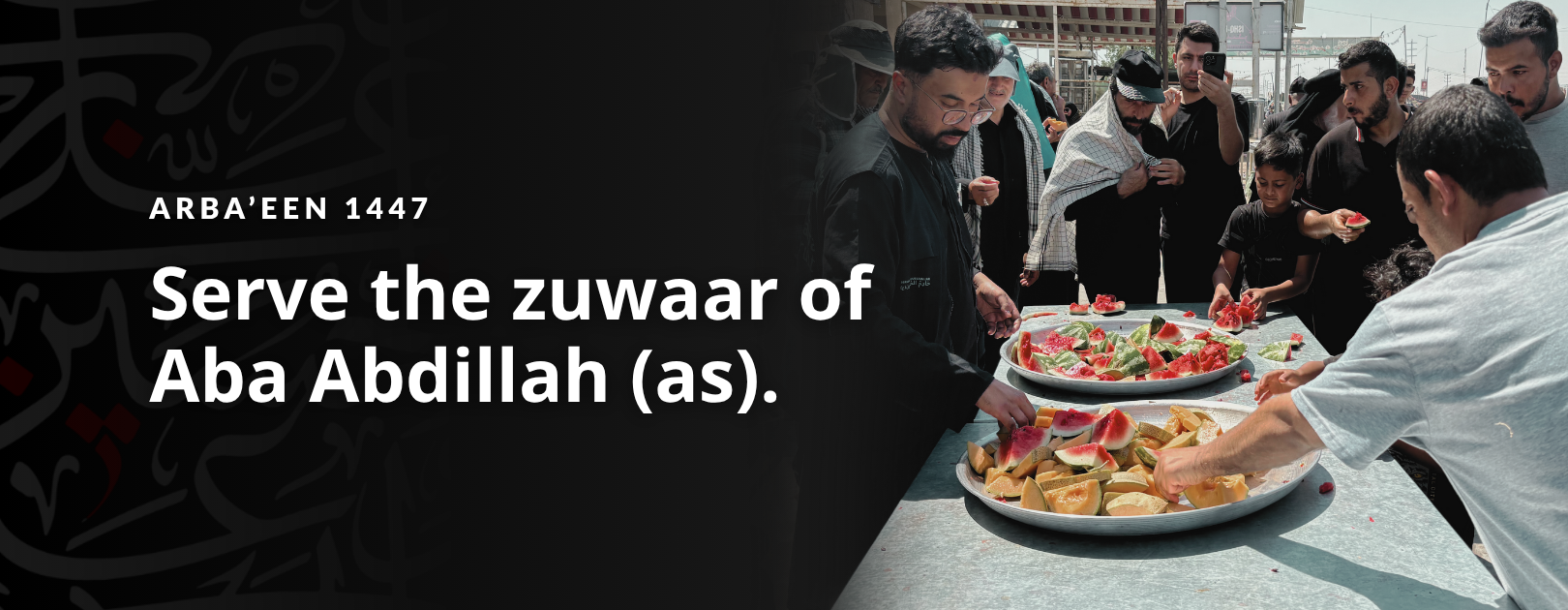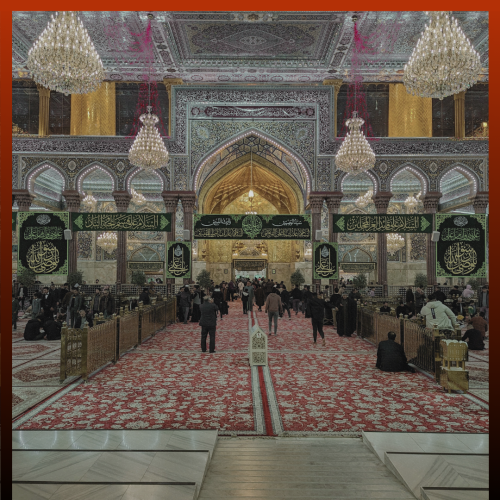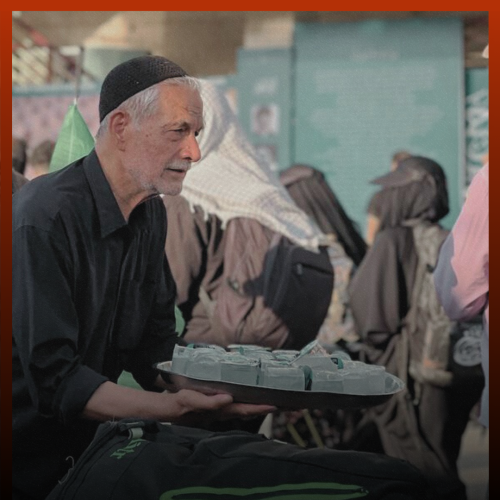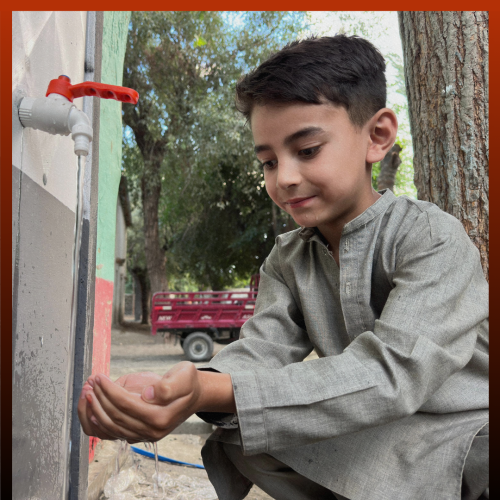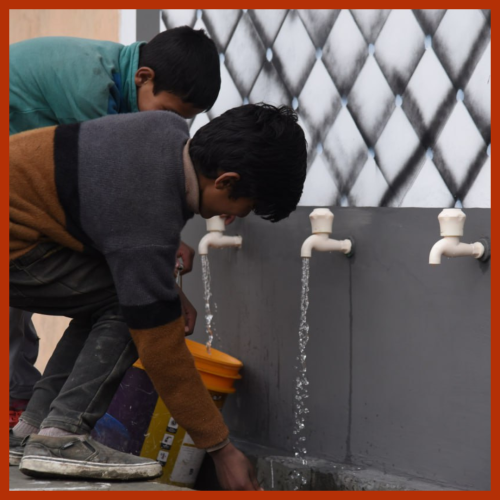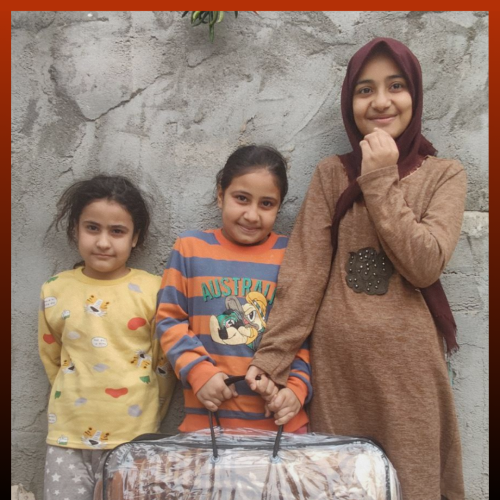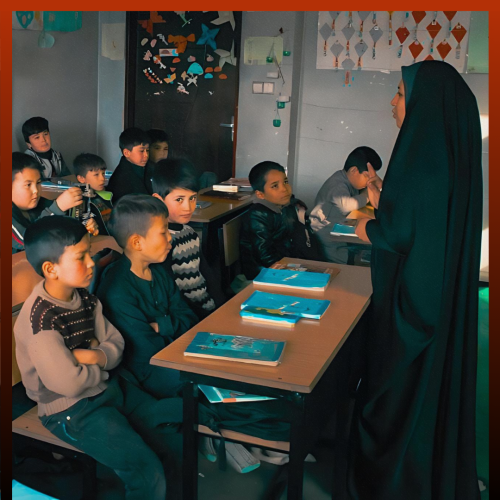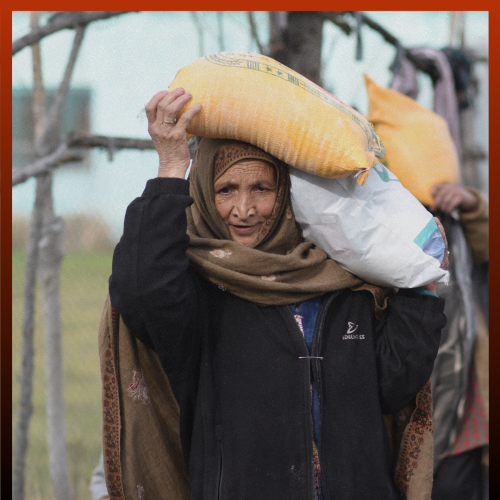Support the Zuwaar through Service
Each year, The Zahra Trust’s Mowkeb at Pole 470 welcomes thousands of zuwaar walking the path from Najaf to Karbala.
Your support helps provide the essentials that make their journey possible through cool water to quench their thirst, nourishing meals and snacks to keep them going and a place to rest and recover.
This Arbaeen, be part of that care.
Help us serve the lovers of Imam Hussain (as) with dignity, warmth, and compassion as they embark on the journey of love.


